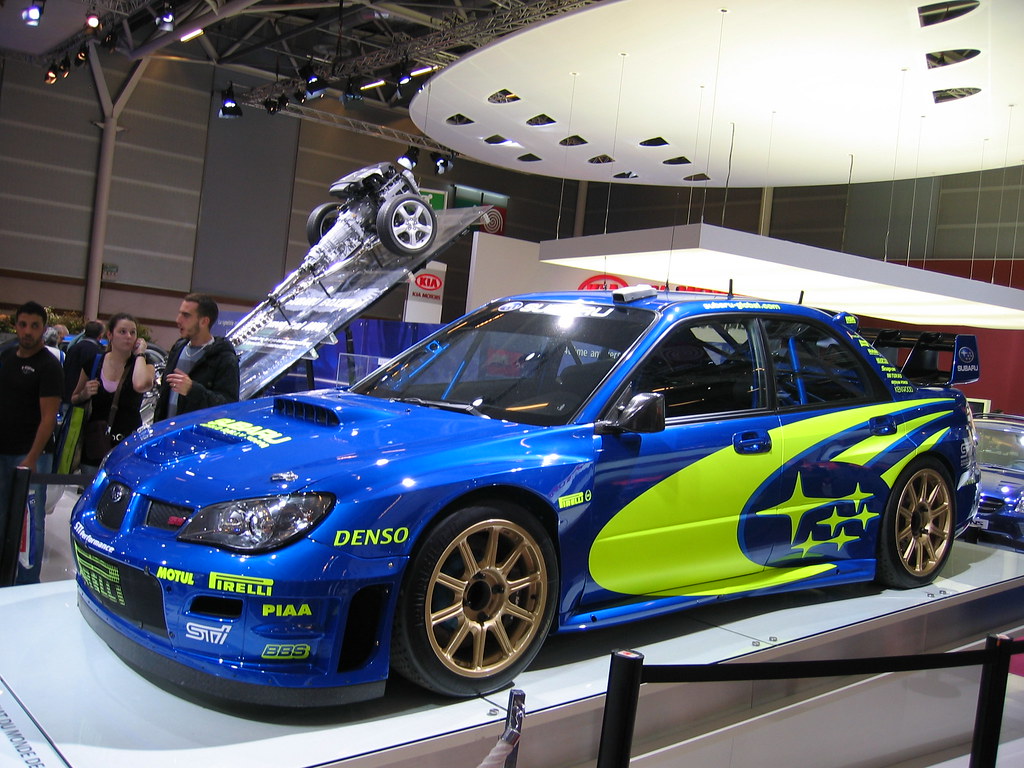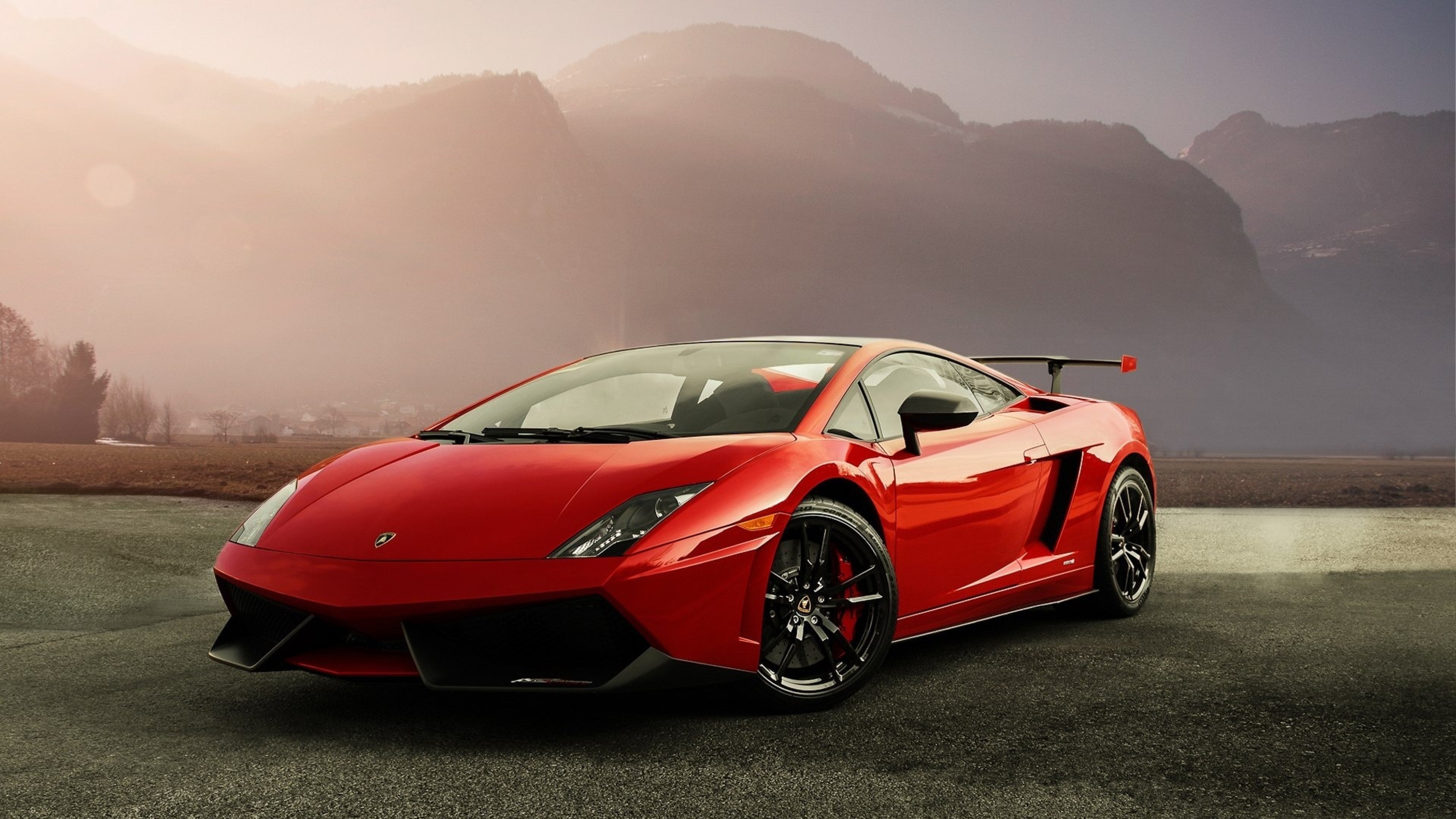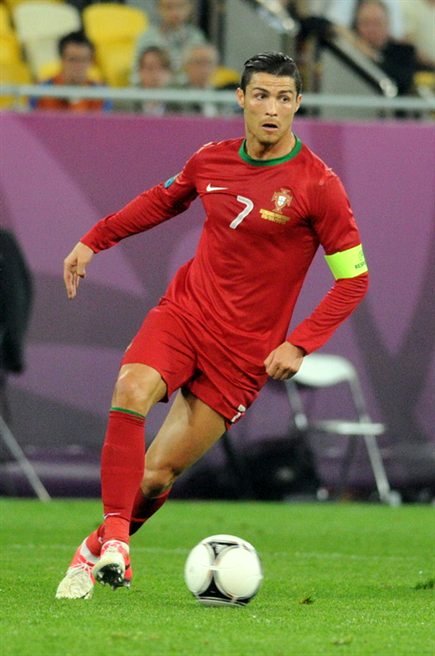
In the world of professional sports, few names resonate with the same magnetic force and aspirational allure as Cristiano Ronaldo dos Santos Aveiro. Widely heralded as one of football’s greatest, his journey is not merely a tale of athletic prowess but a masterclass in building an empire, both on and off the pitch. From humble beginnings to global superstardom, Ronaldo’s career is a testament to relentless ambition, unparalleled talent, and an unwavering commitment to excellence that has translated into a lifestyle defined by luxury and iconic possessions, including a rumored collection of automotive marvels that speak volumes about his status.
This article delves into the foundational chapters of CR7’s legendary career, meticulously charting the rise of a phenomenon whose every move, goal, and trophy has not only rewritten record books but also cultivated a personal brand synonymous with opulence and aspirational living. We explore the pivotal moments and career trajectories that saw a young talent from Madeira transform into a global icon, whose success fuels an existence far removed from the ordinary.
Join us as we navigate the initial triumphs and defining eras of Cristiano Ronaldo’s journey, understanding how each step contributed to the immense wealth, influence, and lifestyle that would naturally encompass a collection of the world’s most coveted vehicles. This is the story of how dedication, extraordinary skill, and relentless pursuit of greatness built a foundation strong enough to support a Bugatti-centered garage and an iconic supercar collection—a tangible manifestation of a truly unrivaled career.

1. **Early Life and Formative Years: The Genesis of Greatness**Cristiano Ronaldo’s story begins far from the glitz and glamour of international football, rooted in the São Pedro parish of Funchal, Madeira, and growing up in the nearby parish of Santo António. Born on 5 February 1985, he was the youngest of four children, a detail that hints at the close-knit family environment he experienced. His mother, Maria Dolores dos Santos Viveiros Aveiro, worked diligently as a cook in the hospitality industry and a cleaning woman, while his father, José Dinis Aveiro, served as a municipal gardener and a part-time kit man for the local football club Andorinha.
His early life was characterized by poverty, sharing a single room with all his siblings in an impoverished Catholic home. This challenging upbringing, however, did not deter his burgeoning passion for football. His father, a fan of actor and U.S. President Ronald Reagan, named him after the American icon, perhaps inadvertently setting a precedent for the grand scale of his future achievements. It was within this modest backdrop that Ronaldo first began to kick a ball, playing for Andorinha from 1992 to 1995, the very club where his father was the kit man, embedding football deep into his family’s daily life.
His talent was undeniable, even at a young age, leading him to spend two years with Nacional. By age 12, in 1997, his potential caught the eye of Sporting CP, who signed him after a successful three-day trial for a fee of £1,500. This move required him to leave his Madeiran family and relocate to Lisbon, marking a significant sacrifice for his nascent career. It was a clear indication of his early commitment and the exceptional promise he held, setting the stage for a future where personal comfort would eventually be measured in millions and the finest luxury assets.
His dedication to football eventually eclipsed his academic pursuits. By 14, believing he had the ability to play semi-professionally, he agreed with his mother and tutor at Sporting CP to cease his education, focusing entirely on the sport. This decision, while controversial, underscored his singular vision and intense focus, traits that would define his professional journey. Despite some turbulent moments in his schooling, including being expelled, his resolve to succeed in football was absolute, a mindset that would later translate into the relentless pursuit of perfection on the field and an appreciation for the rewards of such discipline.
Health challenges also marked his early years; at 15, he was diagnosed with tachycardia, a condition that threatened his career. However, a successful heart surgery quickly remedied the issue, allowing him to resume training within days. This early brush with adversity only solidified his determination, making him keenly aware of the fragility of his dreams and reinforcing his commitment to maximize every opportunity. These formative experiences, from poverty to health scares, undoubtedly forged the resilient character of a man destined for unprecedented success, paving the way for a life of luxury as a direct consequence of his triumphs.

2. **Sporting CP: The Genesis of a Star and His First Professional Steps**Ronaldo’s time at Sporting CP was the crucible in which his raw talent was forged into professional potential. After impressing in the club’s youth teams, he was rapidly promoted to the main squad by first-team manager László Bölöni. At the tender age of 17, on 14 August 2002, he made his official debut for the senior team in a UEFA Champions League qualifying round match against Inter Milan at the José Alvalade Stadium. This was swiftly followed by his Primeira Liga debut a month later against Braga, signaling his readiness for the senior stage.
His breakthrough moment arrived on 7 October when he scored two goals against Moreirense in a commanding 3–0 victory. This performance showcased his attacking flair and goal-scoring instincts, immediately drawing attention to his exceptional abilities. Throughout the 2002–03 season, Ronaldo’s representatives began to market him, suggesting the promising player to prominent European clubs such as Liverpool and Barcelona, indicating that even in his early professional phase, his talent was recognized as being of an international caliber.
Arsenal manager Arsène Wenger also met with Ronaldo in November to discuss a potential transfer, highlighting the widespread interest he garnered from top-tier clubs across Europe. However, it was Manchester United manager Alex Ferguson who would ultimately secure his services. Ferguson’s determination to acquire Ronaldo on a permanent move was solidified after Sporting defeated United 3–1 at the inauguration of the Estádio José Alvalade on 6 August 2003. The young Ronaldo’s performance that day was nothing short of mesmerising.
Ferguson, deeply impressed by what he witnessed, described Ronaldo as “one of the most exciting young players” he had ever seen. The United players themselves urged Ferguson to sign him, a rare testament to the immediate impact Ronaldo had on seasoned professionals. This pivotal encounter with Manchester United not only marked the end of his Sporting CP chapter but also initiated a new era in his career, one that would see him ascend to global stardom. His meteoric rise from Sporting CP demonstrated the early signs of the relentless drive that would eventually see him accumulate immense wealth and acquire the symbols of an elite lifestyle, such as a magnificent supercar collection.

3. **Manchester United (2003-2007): Breakthrough and Development into a Premier League Sensation**On 12 August 2003, less than a week after his stunning performance against Manchester United, Ronaldo signed with the club for a record-breaking £12 million for a teenager in England. This transfer not only made him the first Portuguese player to join the Red Devils but also bestowed upon him the iconic number 7 shirt, previously worn by legends like George Best, Eric Cantona, and David Beckham. This number, initially a source of pressure, quickly became an extra source of motivation, a symbol of the high expectations placed upon him.
His development at United was profoundly influenced by Sir Alex Ferguson, whom Ronaldo later described as “my father in sport, one of the most important and influential factors in my career.” Ferguson’s mentorship was crucial in refining Ronaldo’s raw talent. Ronaldo made his debut as a substitute in a thrilling 4–0 home win over Bolton Wanderers on 16 August 2003, a performance that earned immediate praise from George Best, who hailed it as “undoubtedly the most exciting debut” he had ever seen.
Ronaldo scored his first goal for United with a free-kick in a 3–0 victory over Portsmouth on 1 November. Despite initial criticism from the British press for his “elaborate” step-overs, his teammates and pundits recognized his immense potential. Gary Neville famously stated he was “not a show pony, but the real thing,” predicting he would become a world-class player. Alan Hansen, a BBC pundit, acknowledged his “massive talent” and “mesmerizing feet,” foreseeing a frightening future for opponents if he could add consistent crossing to his repertoire.
His early seasons saw him collect his first English trophies: the 2004 FA Cup, where he scored the opening goal in the final, and the Football League Cup in 2006. Despite a public request for transfer following the 2006 FIFA World Cup due to an incident involving club teammate Wayne Rooney, United denied his departure. This period, marked by both individual brilliance and moments of controversy, ultimately proved to be his breakout year, as he surpassed the 20-goal mark for the first time and secured his first Premier League title. This pivotal phase showcased his burgeoning talent and the initial accumulation of success that would eventually lead to extraordinary personal wealth and the ability to indulge in a luxurious passion like a world-class supercar collection.
.jpg)
4. **Manchester United (2007-2009): Global Stardom and First Ballon d’Or Triumph**The 2006–07 season marked a definitive shift in Cristiano Ronaldo’s career at Manchester United, transforming him from a promising talent into a world-beater. This season saw him amass an impressive array of personal awards, including the Professional Footballers’ Association’s Player’s Player, Fans’ Player, and Young Player of the Year awards, alongside the Football Writers’ Association’s Footballer of the Year award. He made history by becoming the first player to win all four main PFA and FWA honors, a clear indication of his undisputed dominance in English football.
His exceptional performances didn’t go unnoticed on the international stage either. Ronaldo was named runner-up to Kaká for the 2007 Ballon d’Or and secured third place, behind Kaká and Lionel Messi, in the running for the 2007 FIFA World Player of the Year award. These recognitions signaled his emergence as one of the very best players globally, foreshadowing the intense rivalry with Messi that would define the next decade of football.
The 2007–08 season solidified his status, as many pundits and fellow players recognized him as the best player in the world. He scored his first hat-trick for United in a resounding 6–0 victory against Newcastle United in January 2008. His remarkable 31 league goals earned him the Premier League Golden Boot and, notably, the European Golden Shoe, making him the first winger ever to win the latter award. For the second consecutive season, he also received the PFA Players’ Player of the Year and FWA Footballer of the Year awards, underscoring his consistent excellence.
United’s success mirrored his individual brilliance, reaching the UEFA Champions League final against Chelsea in Moscow on 21 May. Despite scoring the opening goal and later having his penalty kick saved in the shootout, United emerged victorious, winning 6–5 on penalties after a 1–1 draw. As the Champions League top scorer, Ronaldo was deservedly named the UEFA Club Footballer of the Year. This season culminated in his first Ballon d’Or and 2008 FIFA World Player of the Year awards, making him United’s first Ballon d’Or winner since George Best in 1968 and the first Premier League player to be named FIFA World Player of the Year. This unparalleled success and the accompanying financial rewards truly paved the way for the sophisticated, high-end lifestyle now synonymous with his name, including the acquisition of his extraordinary supercar collection.
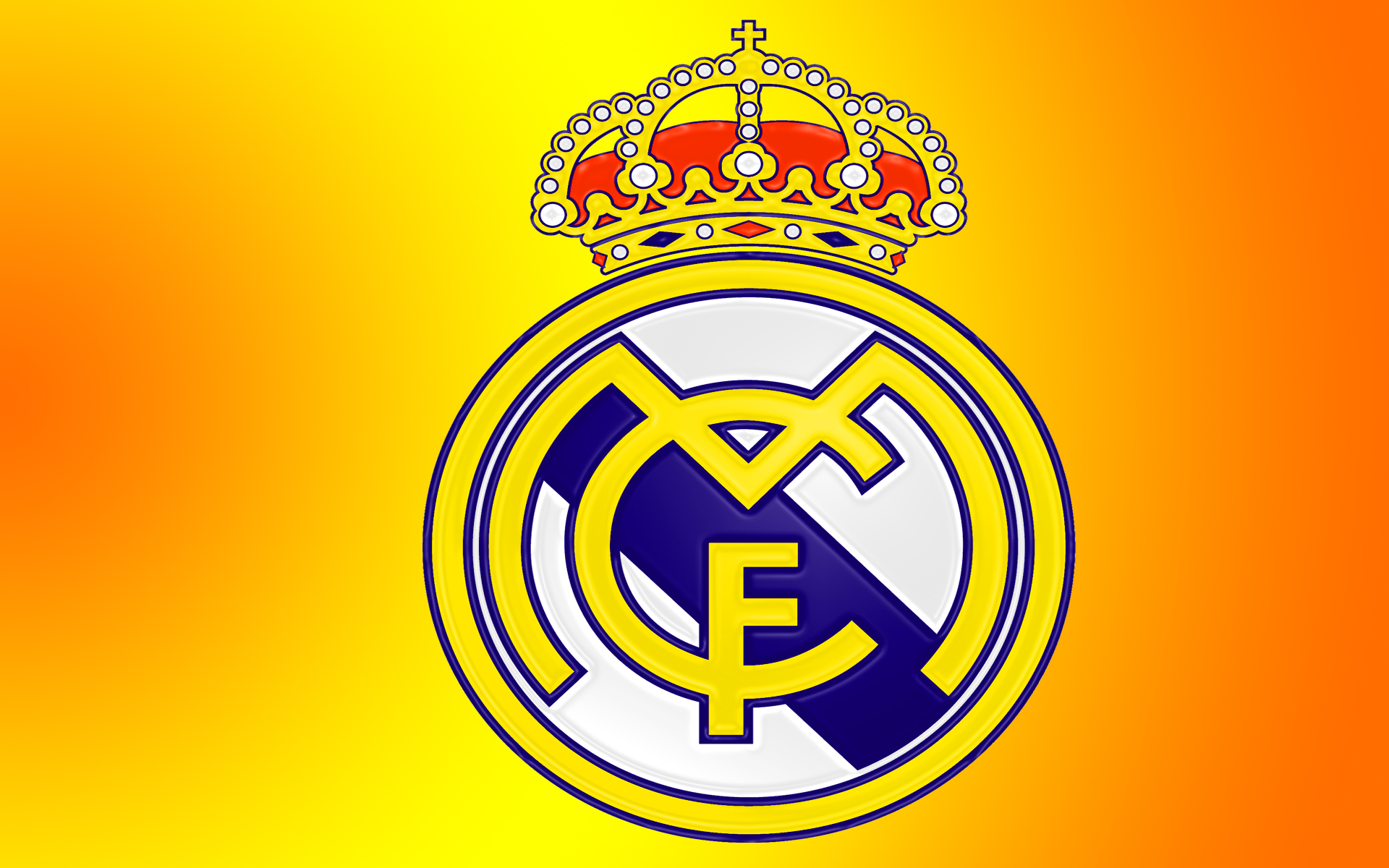
5. **Real Madrid (2009-2015): The World Record Transfer and Early Dominance**In 2009, Cristiano Ronaldo became the subject of the then-most expensive transfer in history, moving to Real Madrid in a deal worth €94 million (£80 million). This transfer was not just a footballing transaction; it was a cultural event. His presentation at the Santiago Bernabéu drew an astounding crowd of at least 80,000 fans, surpassing the 25-year record set by Diego Maradona’s arrival at Napoli, a clear indicator of his colossal global appeal and burgeoning market power. Ronaldo himself articulated the significance of this move, stating, “This is the completion of my boyhood dream, to be a Real Madrid player.”
He adapted tremendously to Spanish football, immediately showcasing his prolific scoring ability. Ronaldo made his La Liga debut against Deportivo La Coruña on 29 August, scoring a penalty in a 3–2 home win. He became the first Madrid player to score in each of his first four league games, setting an immediate precedent for his impact. His strong start was briefly interrupted by an ankle injury in October, sidelining him for seven weeks, but he still managed to score 33 goals across all competitions in his debut season, a testament to his sheer goal-scoring prowess.
Following Raúl’s departure, Ronaldo inherited the coveted number 7 jersey for the 2010–11 season and continued his relentless pursuit of goals, netting 53 across all competitions. This season saw him win his first trophy with Madrid, the Copa del Rey, scoring the winning goal against arch-rivals Barcelona in the El Clásico final. He also became the first player in La Liga to score 40 goals, earning him the Pichichi Trophy and his second European Golden Shoe, making him the first player to win the award in different leagues.
The 2011–12 season further solidified his dominance, as he scored 60 goals across all competitions, leading Madrid to their first league title in four years with a record 100 points. He reached his 100th league goal for Madrid in a 5–1 win over Real Sociedad on 24 March 2012, breaking Ferenc Puskás’s previous club record. His consistently stellar performances saw him finish runner-up to Lionel Messi in the 2011 and 2012 FIFA Ballon d’Or awards, firmly establishing their iconic rivalry. This era of explosive goal-scoring and trophy accumulation at Real Madrid amplified his global appeal and financial standing, setting the stage for the kind of discerning taste and substantial investments exemplified by an iconic luxury car collection.
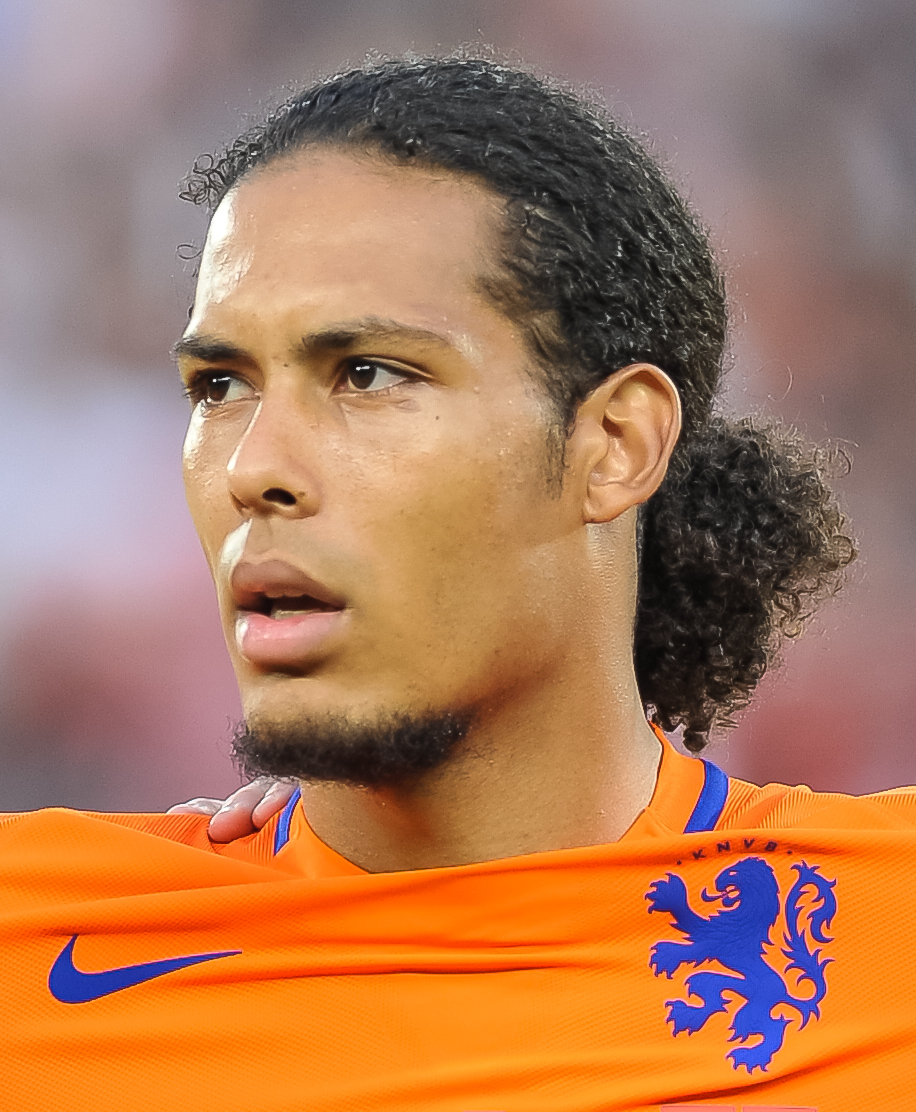
6. **Real Madrid (2015-2018): Champions League Era and All-Time Scoring Records**The period from 2015 to 2018 at Real Madrid saw Cristiano Ronaldo reach unprecedented heights, particularly in the UEFA Champions League, where he firmly cemented his legacy. On 12 September 2015, against Espanyol, Ronaldo officially became Real Madrid’s all-time top scorer, netting his 230th goal in just 203 matches, surpassing the legendary Raúl. This milestone was quickly followed by another as he became the all-time top scorer in the Champions League, achieving a hat-trick in the first group match against Shakhtar Donetsk. His relentless pursuit of goals continued, reaching the milestone of 500 career goals for club and country with two goals against Malmö FF on 30 September.
His individual accolades during this period were staggering. Ronaldo won his fourth Ballon d’Or in 2016 and the inaugural 2016 The Best FIFA Men’s Player award, largely owing to his success with Portugal in winning Euro 2016, showcasing his influence on both club and international stages. These awards were a direct reflection of his consistent, world-class performances and his ability to deliver on the biggest stages.
In the 2016–17 UEFA Champions League quarter-finals against Bayern Munich, Ronaldo made history by becoming the first player to reach 100 goals in UEFA club competition. He continued his scoring spree, overtaking Jimmy Greaves as the all-time top scorer in the top five European leagues in May. He finished the season with 42 goals in all competitions, helping Madrid secure their first La Liga title since 2012. The Champions League final was another display of his brilliance, where he scored two goals in a 4–1 victory over Juventus, making him the competition’s top goalscorer for the fifth straight season and the first player to score in three finals in the Champions League era. This second goal was also the 600th of his senior career, a monumental achievement.
His dominance continued into 2017, earning him The Best FIFA Men’s Player award for the second consecutive year and his fifth Ballon d’Or, received in a grand ceremony at the Eiffel Tower in Paris. The 2017–18 Champions League campaign was capped by his famous acrobatic bicycle kick against Juventus in the quarter-finals, described as a “PlayStation goal,” which garnered a standing ovation from opposing fans. Madrid ultimately defeated Liverpool 3–1 in the final, securing Ronaldo his fifth Champions League title, an unprecedented feat for any player. He finished as the tournament’s top scorer for the sixth consecutive season with 15 goals. This era of unprecedented success, marked by record-breaking performances and an astonishing collection of team and individual honors, catapulted Ronaldo into an elite tier of global icons, whose immense earnings and unparalleled brand power undeniably fuel a lifestyle of ultimate luxury and the acquisition of a legendary supercar collection, a true reflection of his status.
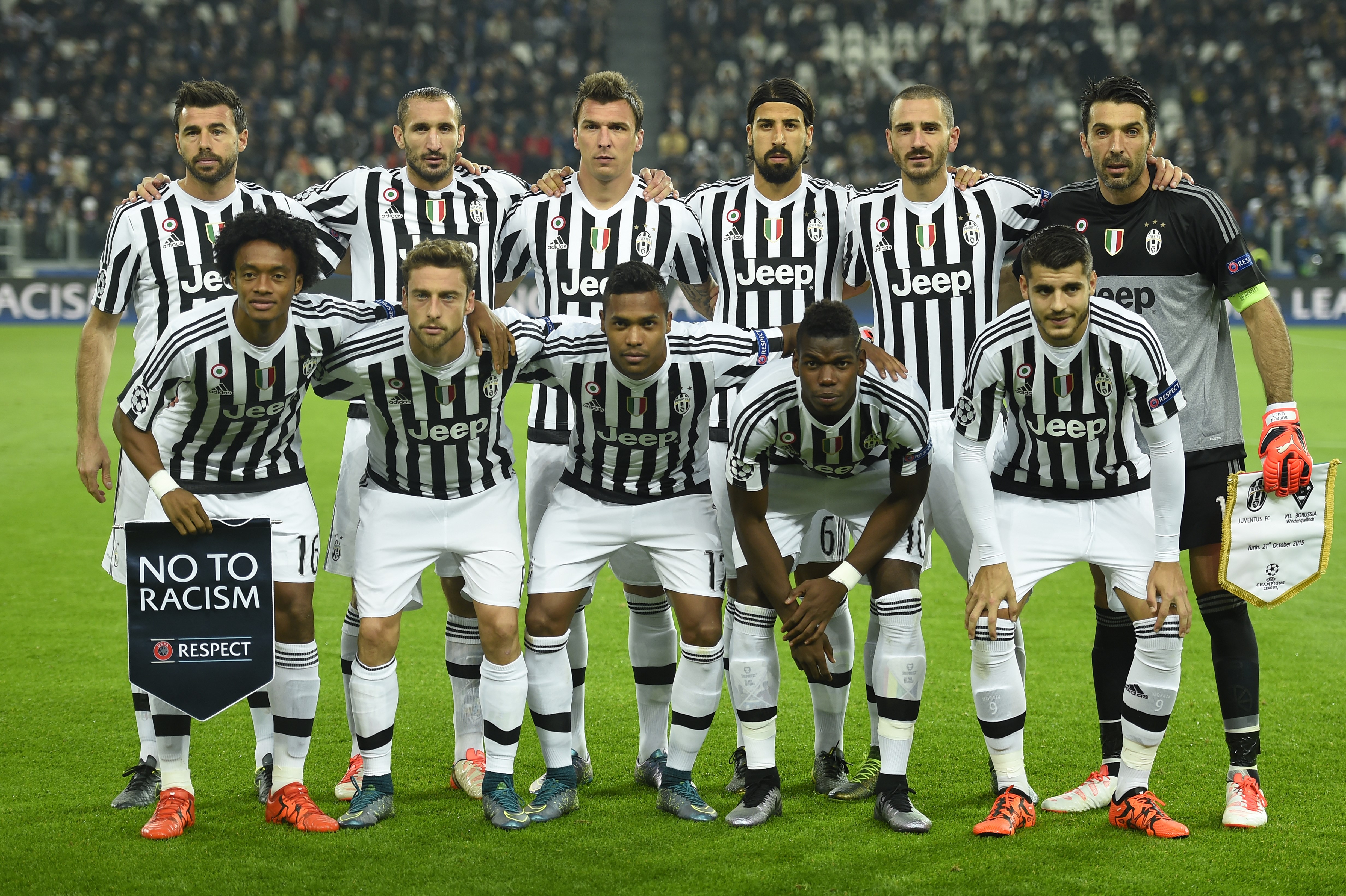
7. **Juventus (2018-2021): Conquering Italy and New Milestones**Following a period of unprecedented success in Spain, Cristiano Ronaldo embarked on a new chapter in 2018, making a seismic move to Italian giants Juventus. This transfer, valued at an initial €100 million, not only set a new record for a player over 30 years old but also marked the highest fee ever paid by an Italian club, underscoring the enduring appeal and market power of the Portuguese superstar. Ronaldo himself cited a deep-seated need for a fresh challenge as his rationale for departing Madrid, though he later acknowledged that a perceived lack of support from club president Florentino Pérez also played a role in his decision to seek new horizons. His debut on 18 August in a 3–2 away win against Chievo Verona immediately signaled his intent to make an impact in Serie A.
His initial Champions League outing for Juventus saw a rare red card against Valencia, his first in 154 appearances in the competition, yet this brief setback did little to impede his progress. In the reverse fixture against Valencia, Ronaldo achieved another remarkable feat, becoming the first player in history to win 100 Champions League matches. His first trophy with the club arrived on 16 January 2019, when he scored the decisive header against AC Milan in the 2018 Supercoppa Italiana final. Ronaldo’s prolific scoring continued unabated, as he equaled Giuseppe Signori’s single-season Serie A record by scoring in his ninth consecutive away game in the league against Sassuolo.
One of his most memorable performances came on 12 March, when he scored a stunning hat-trick in a 3–0 home victory against Atlético Madrid, orchestrating a dramatic comeback to overturn a two-goal deficit and propel Juventus into the Champions League quarter-finals. On 20 April, he played a crucial role in securing Juventus’s eighth successive Serie A title, making him the first player in history to win league titles in England, Spain, and Italy – a truly unique achievement that speaks to his adaptability and consistent excellence across Europe’s top leagues. His debut Serie A season concluded with him being named the league’s Most Valuable Player, having contributed 21 goals and eight assists, further cementing his status as a transformative figure wherever he plays.
The 2019-2020 season brought even more milestones. On 1 October, Ronaldo surpassed Iker Casillas’s record for the most Champions League wins of all time during a 3–0 group stage victory over Bayer Leverkusen. December saw him produce an astonishing leap of 8 feet 5 inches (2.57 meters) to head the winning goal against Sampdoria, a moment that quickly became an iconic visual of his extraordinary athleticism. His first Serie A hat-trick arrived on 6 January 2020, making him only the second player to achieve hat-tricks in the Premier League, La Liga, and Serie A. February saw him score in a record-equalling 11th consecutive league game, matching Gabriel Batistuta and Fabio Quagliarella, a feat achieved in his 1,000th senior professional game.
Throughout this period, Ronaldo continued to rewrite the record books. He overtook Rui Costa to become the highest-scoring Portuguese player in Serie A history and made history as the first player to reach 50 goals in the Premier League, La Liga, and Serie A, as well as the oldest player in 70 years to score over 30 goals in one of Europe’s top five leagues. His 37 goals across all competitions in the 2019-20 season broke Felice Borel’s 80-year-old club record for most goals in a single season. The 2020-21 season saw him reach his 100th goal for Juventus in just 131 appearances, becoming the fastest player to achieve this feat. He capped off his time in Turin by becoming the first player in history to win every major domestic trophy in England, Spain, and Italy, and secured the Capocannoniere award as Serie A’s top scorer, making him the first footballer to achieve this distinction in all three major European leagues.
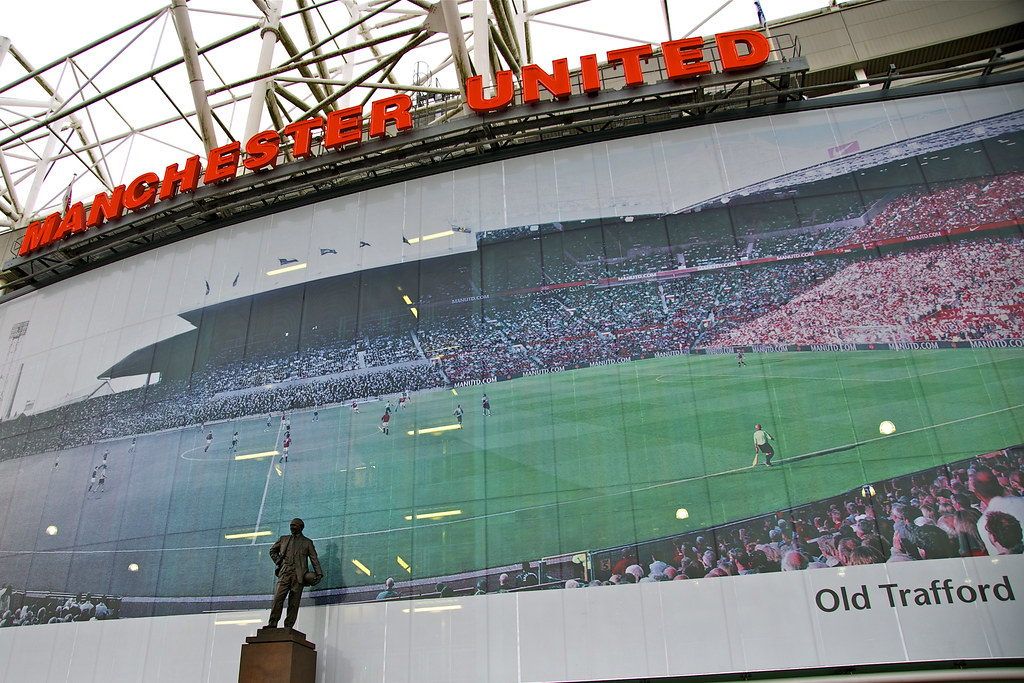
8. **Return to Manchester United (2021-2022): Emotional Homecoming and Record-Breaking**The summer of 2021 brought one of football’s most anticipated and dramatic transfer sagas: Cristiano Ronaldo’s return to Manchester United. Initially, reports indicated a verbal agreement between Ronaldo and Manchester City over personal terms, creating a frenzy of speculation. However, in a stunning turn of events, Manchester City pulled out of the deal. Subsequently, Ronaldo’s former club, Manchester United, entered into advanced talks, with legendary manager Sir Alex Ferguson and several ex-teammates playing crucial roles in persuading him to re-sign for the Red Devils. This emotional homecoming captured the imagination of fans worldwide, signaling a romantic return to the club where he first achieved global stardom.
Upon his return, Ronaldo reclaimed his iconic number 7 shirt, with Edinson Cavani graciously agreeing to switch to number 21. The immediate impact of his return was palpable, with the first 24 hours of his shirt sales reportedly breaking all-time records for a transfer, surpassing even Lionel Messi’s move to Paris Saint-Germain. On 11 September, Ronaldo made his highly anticipated second debut at Old Trafford, and he did not disappoint, scoring two goals in a thrilling 4–1 league victory against Newcastle United, announcing his return in emphatic fashion. The roar of the crowd that day was a testament to the enduring bond between the player and the supporters.
His influence extended quickly into the Champions League, where he proved to be a crucial figure. On 29 September, he scored a dramatic last-minute winner in United’s 2–1 home victory over Villarreal, a goal that also saw him surpass Iker Casillas as the player with the most appearances in the competition. Ronaldo continued to deliver in critical moments, scoring various last-minute goals that were instrumental in helping United qualify for the round of 16 as group winners. On 2 December, he further etched his name into footballing lore, netting two goals in a 3–2 home league win against Arsenal, an achievement that saw him surpass an astounding 800 career goals for club and country.
Despite these individual heroics, the broader context of his return season at United was challenging. The team experienced significant struggles, marked by a fractured relationship with teammates and interim manager, which continued for several months. While he broke a two-month scoring drought with a goal in a 2–0 win over Brighton & Hove Albion in February 2022, United finished a disappointing sixth in the league, qualifying only for the UEFA Europa League. Consequently, Ronaldo went trophyless for the first time since 2010, a stark contrast to his usual trophy-laden seasons. His individual brilliance, however, was recognized with a spot in the Premier League Team of the Year and United’s Sir Matt Busby Player of the Year award.
Growing dissatisfaction with the club’s direction, both on and off the field, led Ronaldo to express a desire to leave for a club competing in the Champions League. However, a move failed to materialize due to factors such as his age, the overall cost of a transfer, and high wage demands. His relationship with new manager Erik ten Hag also deteriorated, leading to him being used as a substitute. Ultimately, his contract was terminated on 22 November, following a highly publicized interview with Piers Morgan, where Ronaldo stated he felt “betrayed” by Ten Hag and heavily criticized the club’s management. This tumultuous period brought an unexpected end to his second spell at Old Trafford, marking a significant turning point in his illustrious career.
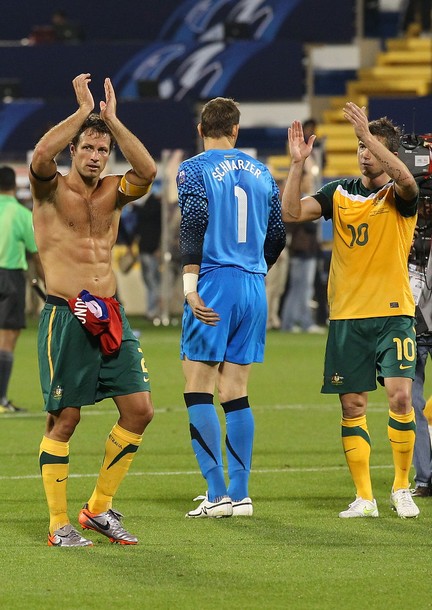
9. **Al-Nassr (2022-Present): A Groundbreaking Move and Asian Football Revolution**The chapter following his dramatic departure from Manchester United saw Cristiano Ronaldo embark on an unprecedented journey, breaking new ground in global football. On 30 December 2022, Saudi Arabian club Al-Nassr announced an agreement for Ronaldo to join their ranks, signing a contract until 2025. This move was not just a transfer; it was a watershed moment, reportedly securing Ronaldo the highest football salary ever, an astounding €200 million per year. This figure included a guaranteed football salary of €90 million, with additional commercial and sponsorship deals elevating his total annual earnings, cementing his status as a financial titan of the sport.
Ronaldo made his highly anticipated debut for Al-Nassr on 22 January 2023, stepping onto the pitch as club captain and playing the full 90 minutes in a 1–0 victory over Al-Ettifaq. While his first match didn’t yield a goal, he quickly found his rhythm, scoring his inaugural goal for the club with a last-minute penalty in a 2–2 draw against Al-Fateh. These initial appearances showcased his immediate impact, drawing immense global attention to the Saudi Pro League and setting the stage for a new era in his career.
On 9 February, Ronaldo delivered an emphatic performance, scoring all four goals in a commanding 4–0 win over Al-Wehda, with his first goal in that match marking his incredible 500th career league goal. His arrival at Al-Nassr sparked what the BBC described as a “revolution” in Asian football. This groundbreaking move catalyzed a significant trend, attracting numerous high-profile players from other leagues, particularly those in Europe, to transfer to Saudi Pro League clubs for the 2023–24 season. Ronaldo’s presence elevated the league’s profile, making it a new destination for established talent.
His impact was not limited to the domestic league. In the final of the Arab Club Champions Cup on 12 August, Ronaldo once again proved his decisive influence, scoring both goals to lead Al-Nassr to a thrilling 2–1 victory after extra time against rivals Al-Hilal, securing his first trophy with the Saudi club. He concluded the competition as its top scorer with six goals. At the close of 2023, Ronaldo showcased his enduring goal-scoring prowess by netting 54 goals across all competitions for Al-Nassr and Portugal, making him the outright top scorer in 2023, an incredible achievement that mirrored his prolific 2016 season and demonstrated his continued excellence at the highest level.
His record-breaking spree continued into 2024. On 27 May, in Al-Nassr’s home fixture against Al-Ittihad, Ronaldo scored his 34th and 35th league goals of the campaign, surpassing Abderrazak Hamdallah’s record for the most goals in a single Saudi Pro League season. This monumental achievement also made him the first footballer in history to finish as top scorer in four different leagues: the English Premier League, Spain’s La Liga, Italy’s Serie A, and the Saudi Pro League. Days later, on 31 May, in the 2024 King Cup final against Al-Hilal, he equaled Rogério Ceni’s record for most top-level matches by a male professional footballer, reaching an astonishing 1,225 appearances. Ronaldo further solidified his dominance by finishing the 2024–25 season as the Saudi Pro League’s top scorer for a second consecutive time, continuing to defy age and expectations with his relentless pursuit of greatness.
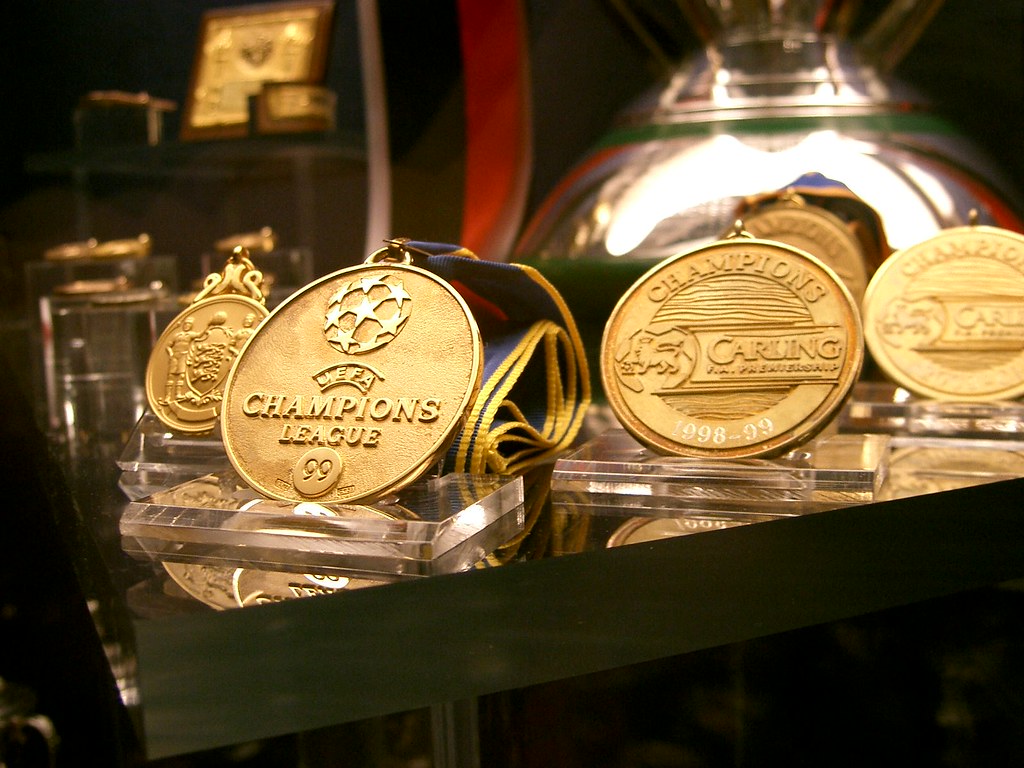
10. **Portugal National Team: International Glory and Enduring Legacy**Beyond his illustrious club career, Cristiano Ronaldo has carved an equally monumental legacy on the international stage, donning the colors of Portugal with unwavering pride and unparalleled success. His journey with the national team began at the tender age of 18, making his debut as a substitute against Kazakhstan on 20 August 2003. It wasn’t long before he registered his first international goal, finding the net in a 2–1 group stage loss to Greece at UEFA Euro 2004 during his eighth international appearance. Despite Portugal’s eventual defeat in the final to the same opponent, Ronaldo’s emerging talent earned him a spot in the team of the tournament, having contributed two goals and two assists.
Beyond his illustrious club career, Cristiano Ronaldo has carved an equally monumental legacy on the international stage, donning the colors of Portugal with unwavering pride and unparalleled success. His journey with the national team began at the tender age of 18, making his debut as a substitute against Kazakhstan on 20 August 2003. It wasn’t long before he registered his first international goal, finding the net in a 2–1 group stage loss to Greece at UEFA Euro 2004 during his eighth international appearance. Despite Portugal’s eventual defeat in the final to the same opponent, Ronaldo’s emerging talent earned him a spot in the team of the tournament, having contributed two goals and two assists.
His impact at major tournaments continued to grow. At the 2006 FIFA World Cup, at just 21 years and 132 days old, he became Portugal’s youngest ever goalscorer at a World Cup finals, guiding his nation to the semi-finals where they narrowly lost to France. By 2007, his leadership qualities were recognized when he captained Portugal for the first time in a friendly against Brazil. He led the team into UEFA Euro 2008, scoring eight goals in qualification and making a significant contribution in the finals despite their quarter-final exit. The 2010 World Cup saw him named man of the match in all three group stage matches, showcasing his influence even when goals were scarce.
UEFA Euro 2012 proved to be a more prolific tournament for Ronaldo, where he finished as joint top scorer with three goals, earning another inclusion in the team of the tournament. His prowess in qualification for the 2014 FIFA World Cup was undeniable, scoring eight goals, including a memorable four-goal masterclass against Sweden in the play-offs that single-handedly secured Portugal’s spot in Brazil. During the tournament itself, he provided a crucial last-minute assist for a 2–2 equalizer against the United States and scored an 80th-minute winner against Ghana, demonstrating his ability to perform under immense pressure.
One of the crowning achievements of his international career came in 2016, when Ronaldo captained Portugal to their first-ever major tournament title at UEFA Euro 2016. Despite being forced off early in the final against hosts France due to injury, his leadership and contributions throughout the tournament were instrumental. He received the Silver Boot as the second-highest goalscorer, an achievement that significantly bolstered his claim for his fourth Ballon d’Or later that year. This victory also qualified Portugal for their only appearance in the FIFA Confederations Cup in Russia.
His individual brilliance at major competitions continued to shine. At the 2018 World Cup, he enjoyed his most prolific campaign, scoring four goals, including an iconic hat-trick against Spain. He then secured the Golden Boot as the top scorer of Euro 2020 and participated in his fifth World Cup at the 2022 tournament, a testament to his incredible longevity. Ronaldo has also led Portugal to two UEFA Nations League titles, in 2019 and 2025, further adding to his impressive trophy cabinet. With over 200 caps, he holds the record as the most-capped male player in international football history and has scored an astounding 138 international goals, solidifying his status as one of the greatest international footballers of all time, a living legend for his nation.
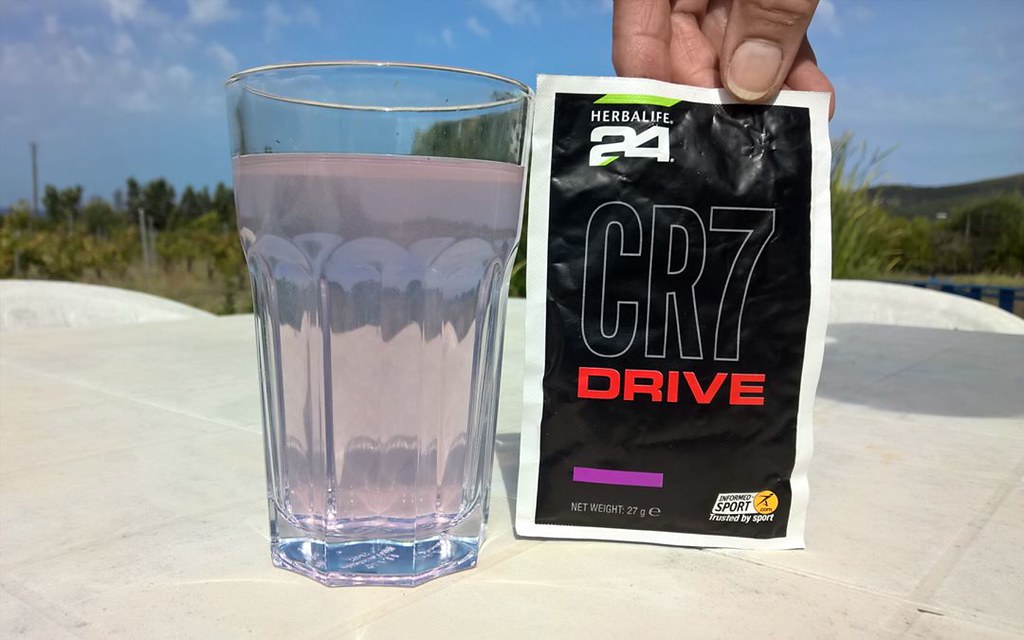
11. **The Global Brand of CR7: Marketability, Influence, and Aspirational Lifestyle**Cristiano Ronaldo’s empire extends far beyond the confines of the football pitch, encompassing a global brand that is as meticulously crafted and relentlessly pursued as his on-field excellence. He stands as one of the world’s most marketable and famous athletes, a testament to his charismatic persona, striking image, and unwavering commitment to fitness and success. Forbes has recognized him as the world’s highest-paid athlete on five separate occasions, while ESPN consistently ranked him as the world’s most famous athlete from 2016 to 2019. His profound influence was further acknowledged by Time, which included him on their prestigious list of the 100 most influential people in the world in 2014, highlighting his cultural and societal impact.
This immense popularity and recognition have translated into a colossal commercial appeal, attracting a multitude of lucrative endorsement deals and strategic sponsorships. The ‘CR7’ brand, a powerful extension of his personal identity, has diversified into a range of successful business ventures, including hotels, fitness gyms, and fragrance lines. Each product bearing his name embodies the same aspirational qualities he projects: excellence, luxury, and a high-performance lifestyle. His image as a disciplined, focused, and perpetually successful individual makes him an ideal ambassador for high-end products and services, allowing him to command unparalleled fees for his associations. This strategic branding has turned his personal achievements into a thriving global enterprise.
Beyond commercial endorsements, his brand is continually amplified by widespread recognition for his unparalleled achievements within football. He has been honored with inclusions in prestigious selections such as the UEFA Ultimate Team of the Year in 2015, the All-time UEFA Euro XI in 2016, and the highly coveted Ballon d’Or Dream Team in 2020. These accolades, celebrating his enduring brilliance and historical significance, further elevate his profile and solidify his status as an icon. Special awards, such as the FIFA Outstanding Career Achievement in 2021 and the UEFA Champions League All-Time Top Scorer in 2024, are direct reflections of his record-breaking goal-scoring success, perpetually refreshing and reinforcing his global appeal.
Ultimately, the global brand of CR7 is a finely tuned machine, meticulously curated to project an image of unparalleled success, sophisticated taste, and aspirational living. This immense wealth and influence, born from sheer talent and relentless dedication, naturally fuel a lifestyle characterized by discerning acquisitions and ultimate luxury. His persona, a blend of athletic perfection and a larger-than-life celebrity, allows him to not only amass extraordinary wealth but also to indulge in the finest expressions of achievement, tangible manifestations that resonate with millions who aspire to his level of success and opulence. His brand isn’t just about football; it’s about a way of life, an enduring testament to what ambition can achieve.
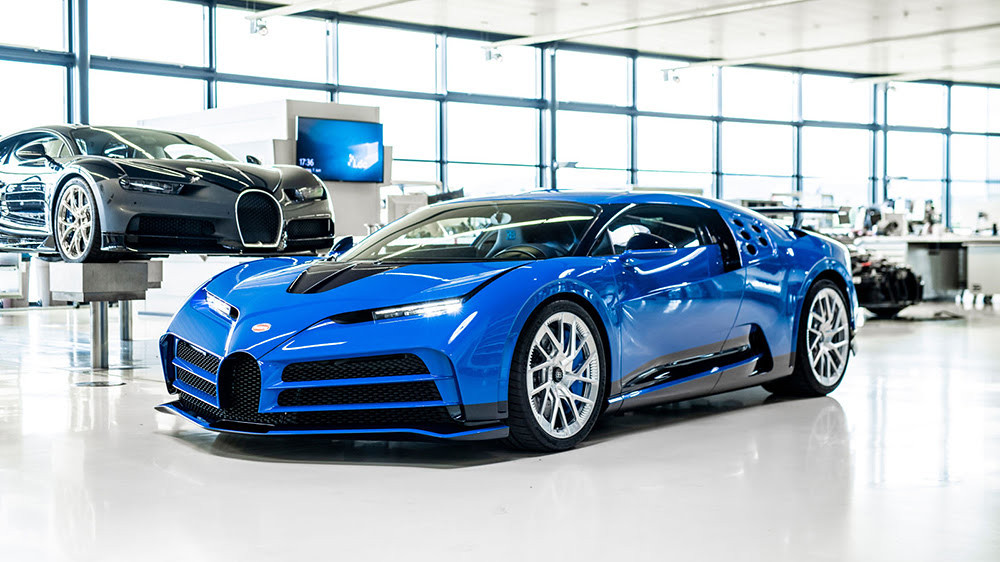
12. **The Crown Jewel: Ronaldo’s Bugatti-Centered Garage and Supercar Collection**Transitioning from the abstract power of his global brand, we arrive at a tangible, breathtaking manifestation of Cristiano Ronaldo’s unparalleled success and sophisticated taste: his legendary Bugatti-centered garage and iconic supercar collection. This isn’t merely a fleet of expensive vehicles; it is a meticulously curated exhibition of automotive art, a personal museum that speaks volumes about a life built on relentless ambition and a desire for nothing but the absolute best. Each car in his collection is more than just transportation; it is a statement, a symbol of the pinnacle of engineering, design, and exclusivity that money, earned through extraordinary talent, can command.
The centerpiece of this magnificent collection, and indeed the rumored crown jewel, is the exquisite Bugatti Centodieci. Priced at an astounding $8 million, this ultra-exclusive hypercar is one of only ten ever produced globally, making it a rare masterpiece of automotive engineering. Its presence in Ronaldo’s garage highlights his discerning eye for uniqueness and extreme performance, a reflection of his own drive for unparalleled excellence. Beyond the Centodieci, his collection is also rumored to include other Bugatti marvels, such as the blistering Chiron and the iconic Veyron, each a testament to the brand’s commitment to pushing the boundaries of speed and luxury. The craftsmanship and engineering embedded in these vehicles are truly in a league of their own, resonating with the high-performance ethos that defines Ronaldo himself.
However, Ronaldo’s automotive passions extend far beyond the Bugatti stable. His garage is a testament to the diversity and breadth of his taste, reportedly housing a stunning array of elite marques, each contributing a unique flavor to his collection. From the passionate elegance of Ferraris and the aggressive dynamism of Lamborghinis to the bespoke luxury of Rolls-Royces, the raw speed of McLarens, and the refined power of Mercedes-Benz, his choices reflect a connoisseur’s appreciation for different facets of automotive perfection. Each vehicle is a direct reflection of his journey, a trophy in its own right, showcasing a life where the pursuit of excellence extends to every detail, including what he chooses to drive.
Indeed, this isn’t simply a collection of cars; it’s a profound statement about legacy. It stands as a monument to how dedication, extraordinary skill, and an unwavering pursuit of greatness can transform a modest beginning into an empire of unparalleled luxury. Each vehicle in his garage, from the Bugattis to the other supercars, serves as a tangible reminder of the triumphs, sacrifices, and relentless hard work that have defined Cristiano Ronaldo’s career. It’s a personal gallery of his achievements, where every horsepower and every gleaming surface echoes the power and precision he has consistently demonstrated on the pitch.
As the final piece of his remarkable narrative, Cristiano Ronaldo’s Bugatti-centered garage encapsulates the essence of his entire journey. It is the ultimate symbol of a life lived at the absolute zenith of professional sport and global celebrity, where the fruits of monumental labor are celebrated with acquisitions that inspire awe and admiration. His career, his global brand, and this iconic supercar collection all coalesce to tell a single, compelling story: that of an individual who has not only mastered his craft but has also mastered the art of living an extraordinary life, inspiring millions while enjoying the richly deserved rewards of his unparalleled pursuit of perfection.

